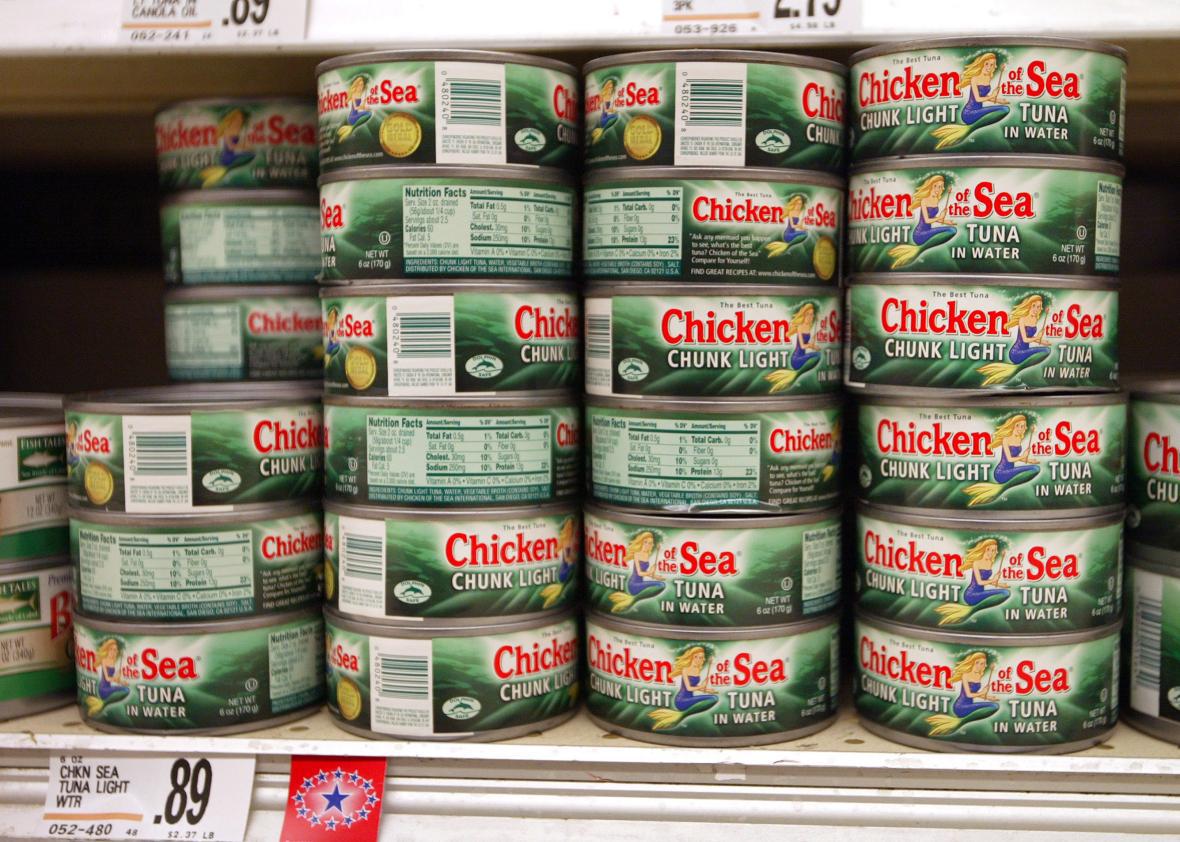Among many other American infamies past, Ta-Nehisi Coates’ book Between the World and Me conjures the ghost of an old Saul Bellow controversy. Bellow, a tetchy critic of multiculturalism in his later life, once asked an interviewer: “Who is the Tolstoy of the Zulus? The Proust of the Papuans?” Coates remembers reading the quip and feeling shattered. “Tolstoy was ‘white,’ and so Tolstoy ‘mattered,’ like everything else that was white ‘mattered,’ he writes. “And this view of things was connected to the fear that passed through the generations, to the sense of dispossession.”
Bellow, who died in 2005, had come under fire for his rhetorical question before, so much so that he published an op-ed defense in the New York Times Book Review in 1994. The comment had been taken, Bellow groused, “as a proof that I was at best insensitive and at worst an elitist, a chauvinist, a reactionary and a racist—in a word, a monster.” Continued the Pulitzer Prize-winner: “My critics, many of whom could not locate Papua New Guinea on the map, want to convict me of contempt for multiculturalism and defamation of the third world. I am an elderly white male—a Jew, to boot. Ideal for their purposes.”
Tribal affiliations aside, we should certainly convict Bellow for using a poetic construction that almost never ends well. The Tolstoy of the Zulus. The Yale of the Midwest. The Helen of the West Indies. The King of Queens. If garden-variety similes serve to equate two things, these lopsided comparisons force one term to exert twice the gravitational pull of the other. Call them subsumptive analogies. Condescension is usually baked right in.
Subsumptive analogies sting because they constrict the domain over which one of the terms operates. (Consider Ralph Wiley’s solution to the Bellow problem: “Tolstoy is the Tolstoy of the Zulus,” he wrote, “unless you find a profit in fencing off universal properties of mankind into exclusive tribal ownership.”) Repackage a subsumptive analogy as a simple simile—rephrase “Vanderbilt is the Harvard of the South” as “Vanderbilt is like Harvard”—and the side-eye vanishes. No longer are you pointing out Vanderbilt’s inferiority to the real Harvard. No longer does the South emerge as a pale reflection of the Northeast.
In that sense, the “X of the Y” construction is the Donald Trump of rhetorical moves: It bigfoots around its field of play missing the point. If analogies exist to draw out the unlikely similarities between two things, surprising us into a more beautiful or interesting mode of perception, the subsumptive simile just uses one term to approve of the other while still subtly negging it. “Vanderbilt is the Harvard of the South” does not so much inspire reflection about the particular Cantabian qualities distinguishing Vanderbilt as it conveys a lazy and smug sort of validation. So frequently do patronizing writers ask where one might find the Citizen Kane of video games that one annoyed fan has started collecting examples on a Tumblr page. The critics being lampooned are so convinced of gaming’s inferiority to film that they can only imagine an eventual masterpiece by borrowing some luster from the big screen. For all the two works’ similar grit and ambition, few would dream of calling Christopher Nolan’s Dark Knight trilogy “the Grand Theft Auto of movies.”
What if Robert Burns had opened his lyric not with “My love is like a red, red rose,” but with “My love is the red, red rose of eligible girls in town”—or, worse, “the red, red rose of eligible girls in town with whom I suspect I have a chance and of whom my parents approve”? The line sounds not like a gift but like a slap in the face. It distracts us from the woman’s red rosehood (the point of the simile); it diminishes her intense beauty by paying undue attention to the limited context in which the statement is true.
There is, perhaps, one context in which subsumptive analogies do not prove vaguely insulting: ad copy. The language of marketing already lends itself to flagrant hyperbole. SAs are perfect for trumping up a product without generating too much thought about the intricacies of the comparison. William S. Burroughs’ publishers tried to sell him as the “Elvis of letters.” The “King Cone” frozen dessert brand—a compression of the subsumptive claim that one ice cream treat is the king of the cones—garbs itself in the furs of royalty, even though it is mostly locust bean gum, bleached wheat flour, and chocolate flavored soy lecithin. The diet industrial complex has deemed a drug called Garcinia Cambogia the “holy grail of weight loss,” though it may be more properly termed “the Sistine Chapel of sham marketing ploys.”
With analogies, intention matters. In an understated love poem, Elizabeth Bishop invites her partner to “Come, let me wash [your hair] in this big tin basin,/ battered and shiny like the moon.” The simile asks us to dwell quietly on the battered and shiny qualities of the basin—perhaps even to remember lunar lines in a love poem by Yeats: “A moon, worn as it had been a shell/ Washed by time’s waters as they rose and fell.” Reading “The Shampoo,” I am swept up in the tenderness of Bishop’s summons. Both she and her partner may be timeworn and tired, but they shine like heavenly bodies in each other’s eyes.
What would I do, on the other hand, if Bishop had termed her basin “the MOON of hair-washing equipment”? I’d buy it.
